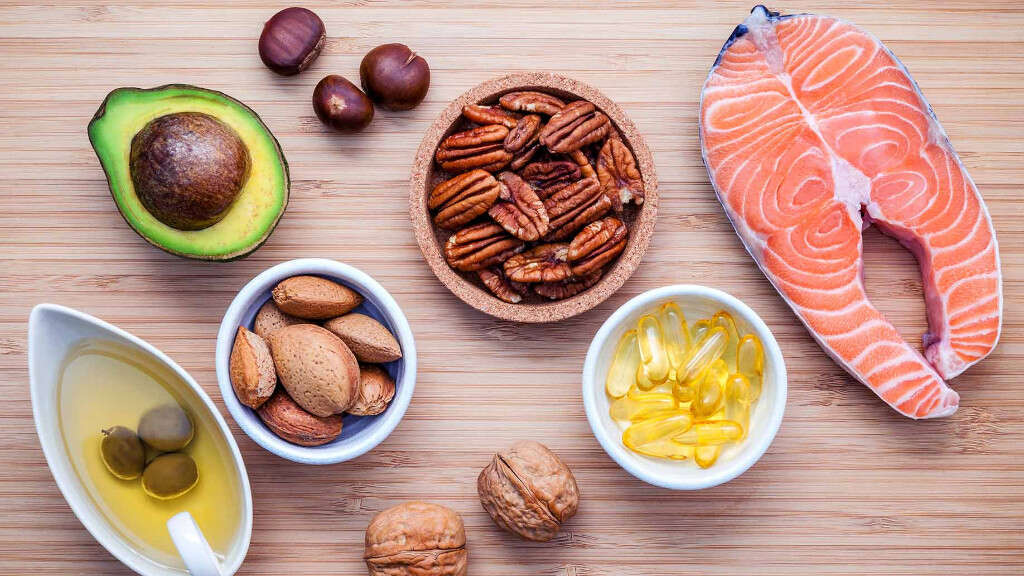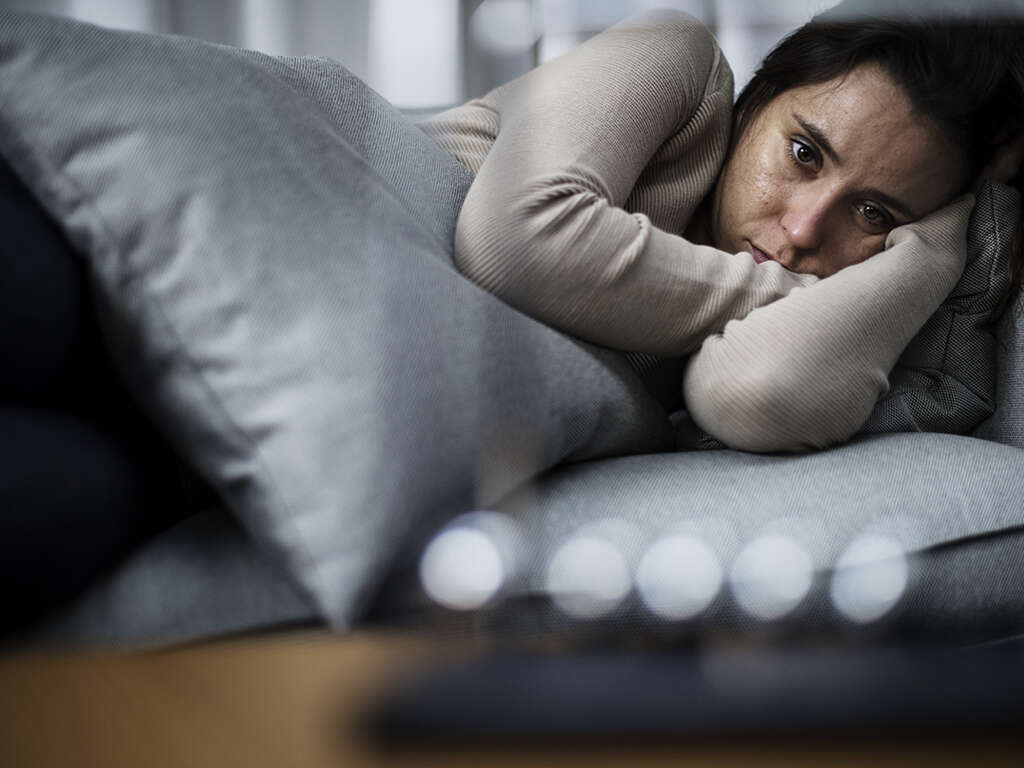10 Home Remedies for Anxiety
Anxiety is an unpleasant emotion where there is often nervous behavior such as rumination, pacing back and forth, and somatic complaints. The affected individual will experience unpleasant feelings regarding anticipated events.
There is often a feeling of worry and uneasiness. Other associated symptoms include muscular tension, fatigue, restlessness, and issues with concentration. Stress hormones that are released during anxiety can impact bowel function and manifest as physical symptoms, contributing or exacerbating existing irritable bowel syndrome.
Anxiety is a normal part of life. However, it can sometimes become too much and start to have a negative impact on life. The following are some home remedies that may be beneficial for individuals with anxiety.
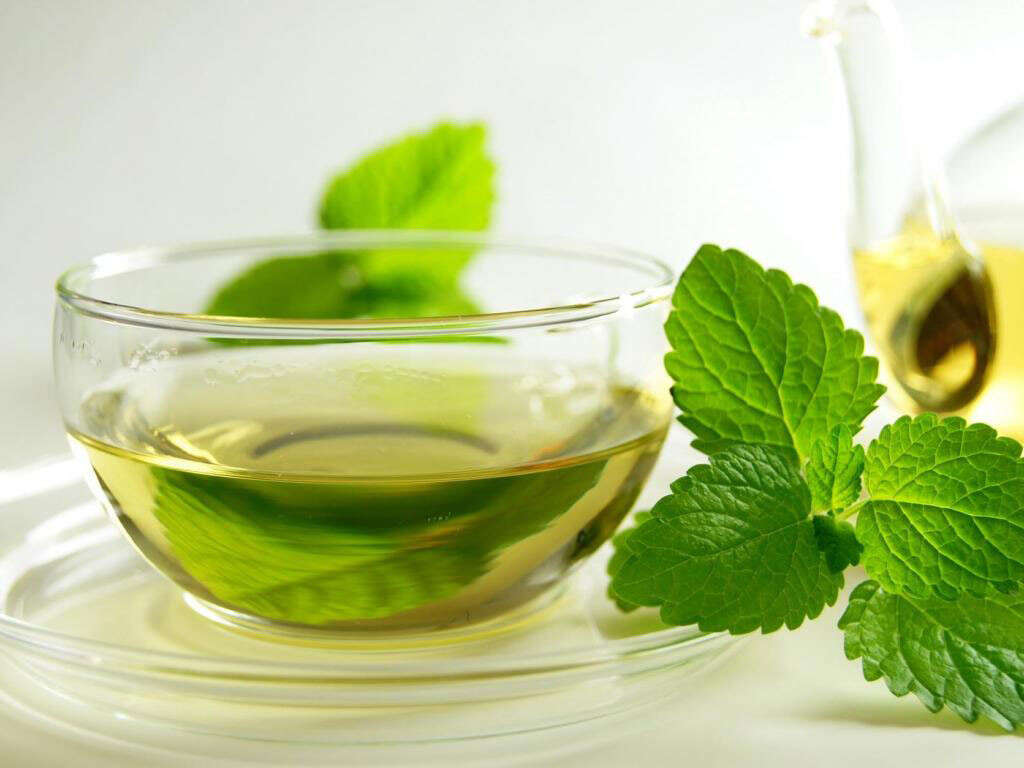
Home Remedy #1: Aromatherapy
Aromatherapy is a practice that uses aromatic and plant materials to produce smells that have been claimed to improve physical or psychological well-being. Aromatherapy is often offered as a form of alternative medicine or complementary therapy. Aromatherapists are individuals who specialize in aromatherapy and use essential oil blends that can be used in massage, water immersion, and inhalation.
Aromatherapy has been used as an effective home remedy to decrease stress and anxiety. There are some scents that do work better for some individuals and those interested can consider experimenting with different blends. Lavender has been shown to be especially helpful for those with anxiety.
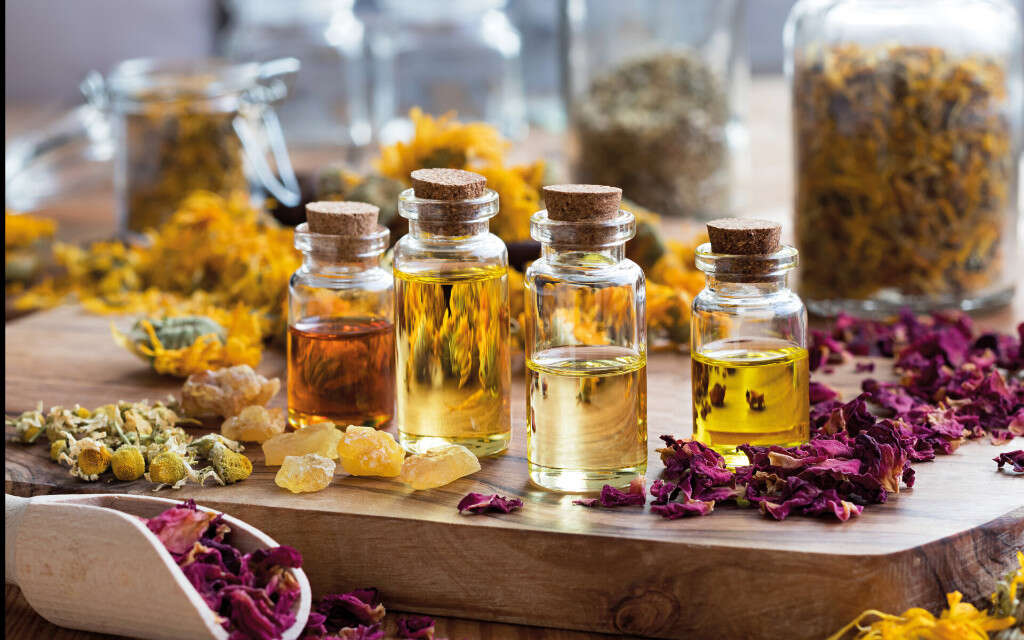
Home Remedy #2: Peppermint Tea
Peppermint is a cross between spearmint and watermint. It is a plant native to the Middle East and Europe. Peppermint has been thought to have various benefits for different ailments. It is currently under preliminary research as a short-term treatment for irritable bowel syndrome.
The oil and leaves also provide a cooling effect and are used for nerve pain, muscle pain, fragrance, and relief from itching. It can also be made into a tea which may help reduce anxiety and stress. This can be attributed to the presence of menthol, which is a natural muscle relaxant. Pregnant women should avoid drinking peppermint tea as it may increase the risk of miscarriage as it can cause mild uterine contractions.

Home Remedy #3: Cannabidiol Oil
Cannabidiol or CBD was first discovered in 1940. By 2018, various preliminary research had been conducted on the effectiveness of CBD oil for movement disorders, anxiety, cognition, pain, post-traumatic stress disorder, and cancer. It can be taken into the body in various ways such as through vapor, smoke, aerosol spray, or oil.
It is important to note that CBD does not result in the same psychoactivity as tetrahydrocannabinol (THC), despite being a derivative of the cannabis plant. CBD is natural and easily available at alternative healthcare shops. Some basic research has found that it can be effective in the management of panic disorders and anxiety.
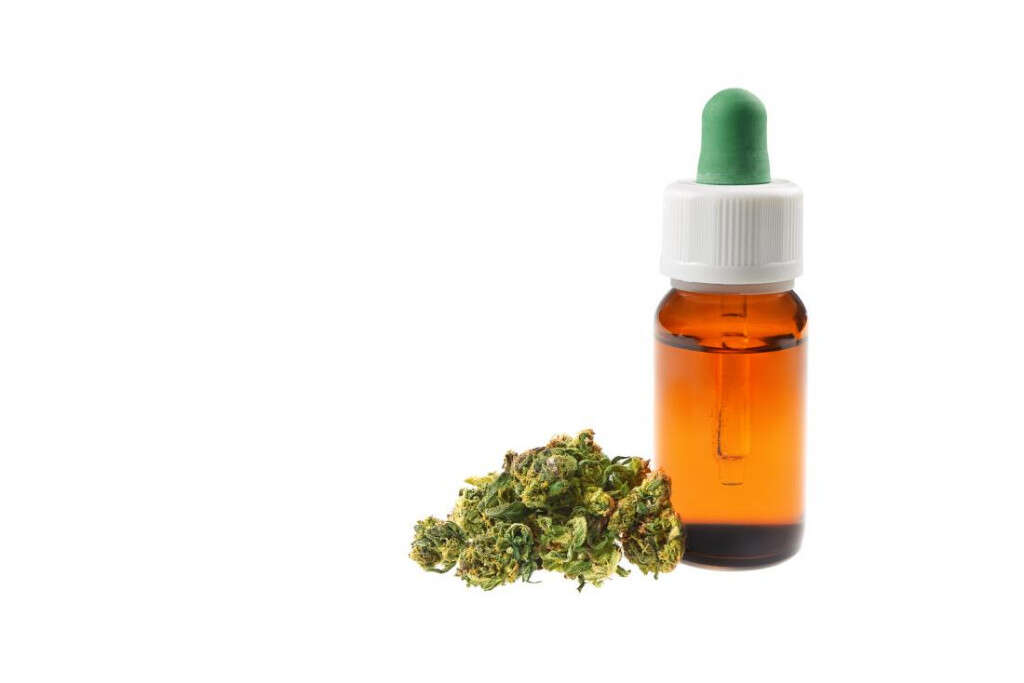
Home Remedy #4: Exercise
Exercise is recommended by various organizations. For adults, it is generally advised that they practice 150 minutes of moderate exercise or 75 minutes of vigorous exercise per week. Exercise has been found to lead to various health benefits such as decreasing the risk of diabetes, cardiovascular disease, and improve depression or anxiety.
For patients with anxiety, exercise helps to burn off any anxious energy. This has been supported by various studies. A review published in 2015 comprising of data from 12 studies found that exercise is beneficial for anxiety.

Home Remedy #5: Chamomile Tea
Chamomile is the common name referring to plants of the Asteraceae family. Chamomile mainly contains polyphenol compounds such as luteolin, apigenin, patuletin, and quercetin. It is currently under preliminary research for its potential anti-anxiety properties.
For those interested in chamomile tea as a home remedy for anxiety, it not only decreases anxiety and stress but also improves sleep. This is thought to be due to its ability in reducing irritability and muscle relaxation. To make chamomile tea, add 3 to 4 tablespoons of dry chamomile in a glass of boiling water and allow to steep for 5 minutes. For fresh chamomile, add the flowers into a pot of hot water for 3 minutes.

Home Remedy #6: Rose Tea
Rose tea or rosebud tea is made from dehydrated or fresh rose petals. Roses have been used for many centuries in ancient medicine to treat abdominal pains, chest pains, digestive issues, and menstrual bleeding. It is also thought to help reduce inflammation and can be used as a mild laxative. It can also boost the immune system, treat a sore throat, and treat emotional symptoms like anxiety, depression, and grief.
In anxiety, it may help elevate mood and calm the mind. To make rose tea, add rose petals in boiling water and allow it to steep until the petals turn dark. It can be made using both fresh or dried rose petals.
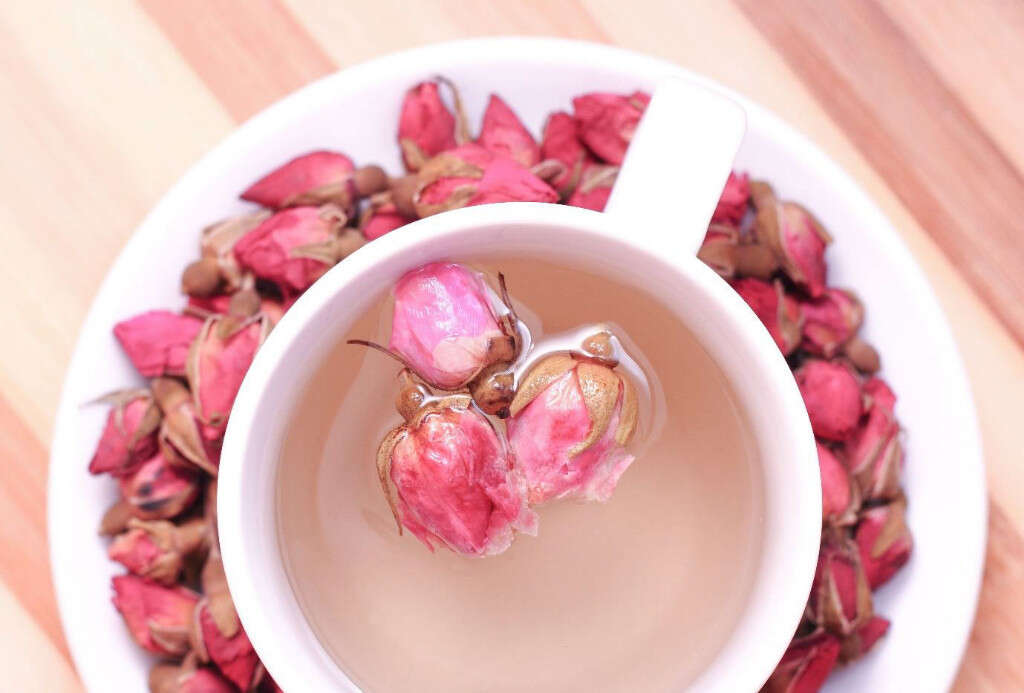
Home Remedy #7: Passion Flower Tea
Passion flower or Passiflora refers to a family of 550 flowering plants. One of these plants was used by the Native Americans for many years before being adopted by the European colonists. Also known as maypop, it can be made into tea that is thought to be helpful in hysteria, insomnia, epilepsy, and as analgesia.
A study in 2001 showed that passion flower in the treatment of generalized anxiety disorder was able to perform as well as oxazepam with less side effects. It has also been used in sedative products marketed in Europe. The anti-anxiety benefits are thought to be due to the presence of chrysin. While generally sage, those who are taking sedatives should avoid passion flower tea. Pregnant women, breastfeeding mothers, and children under 6 months should also avoid it if possible.

Home Remedy #8: Spending Time with Animals
Pets or animals can provide love, support, and companionship. A recent study published in 2018 concluded that pets can be beneficial to individuals with various mental health issues such as anxiety.
While most prefer the conventional cats and dogs, there are also individuals with allergies who benefit from pets without fur. In 2015, a study found that caring for crickets may improve psychological health among older individuals. Since many people are unable to have pets due to a busy schedule or hectic lifestyle, there are now many pet cafes available where customers are welcomed to spend time with the restaurant’s pets.

Home Remedy #9: Vitamins A, B, C, D, E
A vitamin is an essential micronutrient required in small quantities for proper functioning of the body. These essential nutrients cannot be synthesized by the body and must be obtained from the diet. In anxiety, various vitamins have been shown to be important.
In a study published in 2012, patients with generalized anxiety disorder and depression experienced significant improvement in their symptoms after taking dietary supplements consisting of vitamins A, C, and E. Vitamins B and D have also been found to be beneficial.
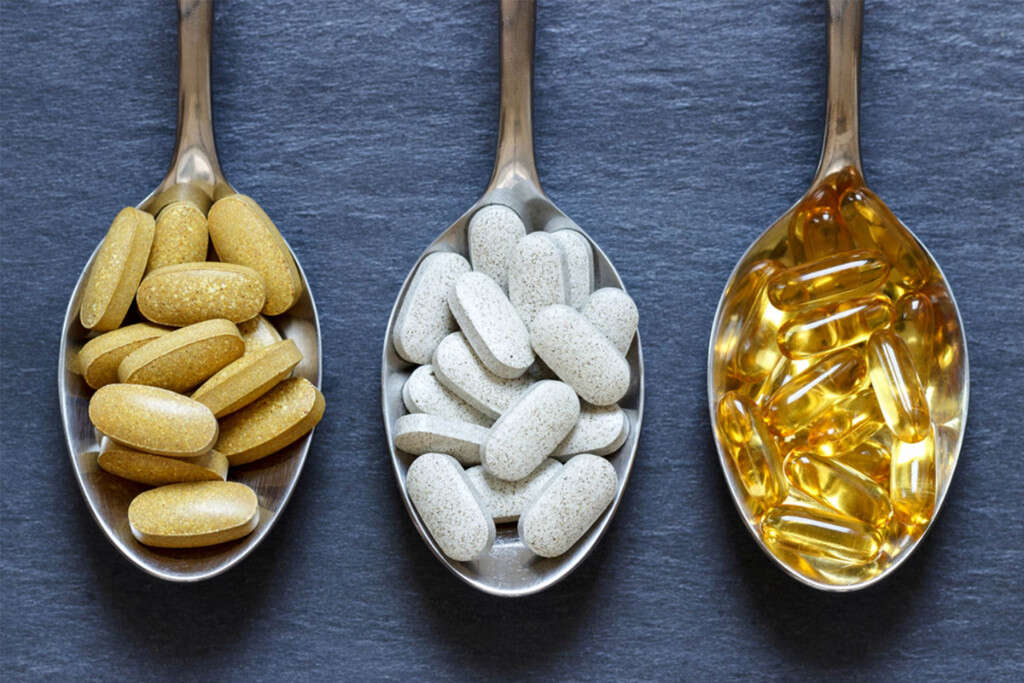
Home Remedy #10: Omega-3 Fatty Acids
Omega-3 fatty acids have been widely researched for their benefits in heart health and brain health. A research that studied the connections between mental health and fish oil observed that omega-3 supplementation was found to lower anxiety and inflammation among medical students.
Based on other observational studies and epidemiological data, it has been observed that higher docosahexaenoic acid (DHA) and eicosapentaenoic acid (EPA) intake is associated with a lower likelihood of depressive disorders in both normal populations and those with mental health issues.
